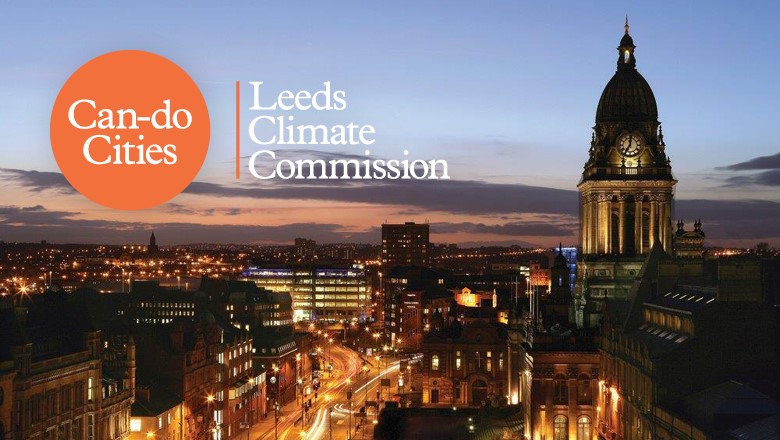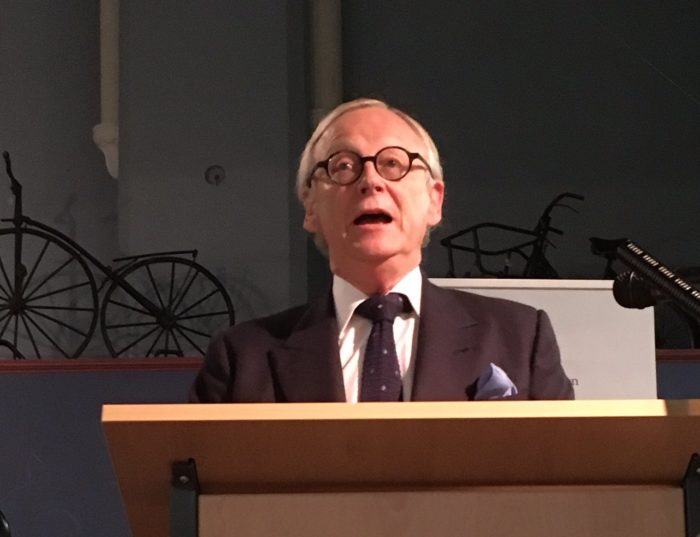Leeds launches pioneering Climate Commission

The University of Leeds is one of 24 key Leeds businesses and organisations joining forces to encourage investment in low-carbon, climate-resilient development.
The Priestley International Centre for Climate and the ESRC Centre for Climate Change Economics and Policy (CCCEP) are working with Leeds City Council alongside organisations ranging from Yorkshire Water and the NHS to house builders, transport providers and community groups.
Leeds City Council leader Councillor Judith Blake said: “In Leeds we are fully committed to creating a low carbon, climate resilient city, and the Climate Commission takes us another step closer to this.
“It will ensure that organisations across the city come together and really make a move to cut the city’s energy bill and look at how we can pass these savings on to households.”
A new website - candocities.org - has been launched, encouraging others to follow Leeds’ example.
It sets out the economic case for low carbon development not only for Leeds, but for each of the UK’s 50 biggest cities and for all local authorities across the UK.
The formal launch of the Leeds Climate Commission was held at the Leeds City Museum on Thursday September 7 and was attended by 270 people, with Lord Deben, Chair of the UK Committee on Climate Change, making the keynote address.
In a passionate speech, Lord Deben praised Leeds for its "exemplar" initiative, saying "Let's make Leeds the lead city in the UK in tackling climate change." He called for climate change to be made central to devolution plans and for better standards, particularly for buildings.

Lord Deben, Chair of the UK Committee on Climate Change, giving the keynote address at Leeds City Museum (photo: Rob Greenland)
Lord Deben also encouraged the Commission to make maximum use of its independence, issuing a challenge for it to be "irrepressible, irritating and hugely successful".
Professor Andy Gouldson, deputy director of CCCEP, said that Leeds could save over £272 million per year - equivalent to £349 per person - with investment in simple profitable measures.
Research by Prof Gouldson and his team, published on 7 September and accessible via the Can-Do Cities website, shows that the UK's 50 largest cities could be saving £7 billion a year on energy bills as well as cutting carbon emissions by almost a quarter more than currently expected.
Read the full press release.
